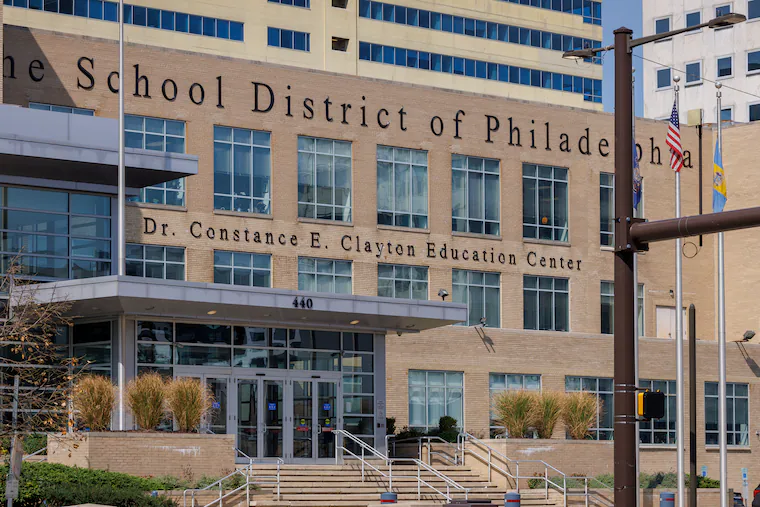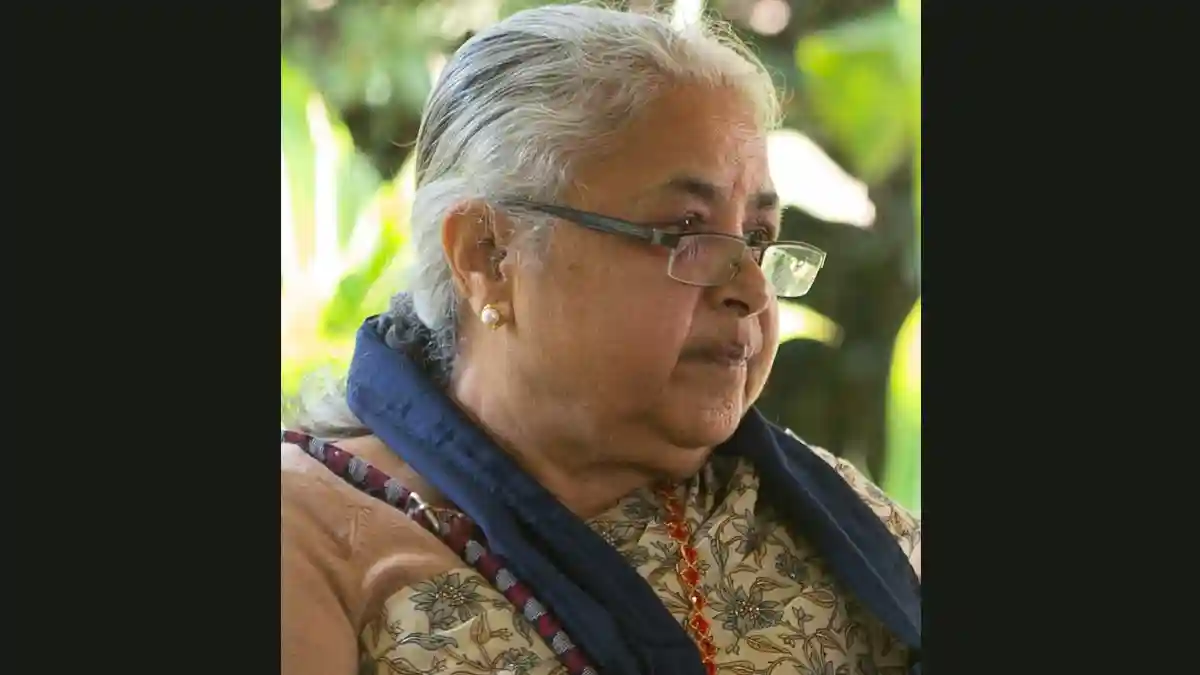
Philadelphia’s school board on Thursday night locked in its superintendent for five years, extending Tony B. Watlington Sr.’s contract through 2030.
Watlington, who is paid $367,710 annually, will get salary increases that match the Philadelphia Federation of Teachers — meaning he’ll get a 3% raise in July.
Board members praised the superintendent for the Philadelphia School District’s gains in academic achievement, increase in student and teacher attendance and decrease in dropouts since Watlington’s arrival in 2022.
“We believe you can be the change we need here in Philadelphia,” board member ChauWing Lam said.
Board member Joan Stern compared Watlington to Benjamin Franklin, another transplant who embraced Philadelphia. Board member Cheryl Harper likened him to Constance E. Clayton, the revered longest-tenured superintendent in district history, with whom she worked.
“Dr. Watlington, since Dr. Clayton I have not seen another superintendent so actively involved with the students, so caring for the children,” Harper said. “You’ve done a marvelous job, and for that I want to thank you.”
Watlington’s contract renewal — the vote to approve was unanimous — comes at a crucial time, just before his administration makes recommendations about school closings, colocations and other building changes, and as the district deals with immediate financial challenges from the lack of a state budget, and long-term concerns from a structural deficit.
The superintendent said he was up to the challenges.
“It has been an honor,” Watlington said of his work to date. “This team, we’re going to roll up our sleeves, we’re going to work hard, we’re going to do you proud.”
Despite concerns about a lack of information on Keystone Opportunity Zones, the board voted to approve the extension of six separate KOZs around the city. The state program offers tax breaks to developers, who agree to provide some payments and benefits to students.
But board members said they would require more data — and answers — to continue to sign off on the tax breaks.
Stern, who prior to her school board service spent her career as a public finance expert, offered particularly sharp criticism to the city officials who presented information about the zones.
“We’re not an economic development agency, we’re an education agency,” Stern said. “We appreciate your responses, but the more you glue them together, the less informed we are.”
Still, the KOZ designations passed, though board members said they would take up the discussion again at their April meeting.
Six charters — Community Academy of Philadelphia, Russell Byers, Richard Allen Preparatory, MaST II, MaST III and Folk Arts-Cultural Treasures — were renewed Thursday night.
And a new charter school got the final board vote it needs to open in 2026. Early College Charter School of Philadelphia, which the board had previously approved, has come to terms with the charter schools office and board, which voted 8-1 to approve the terms of its initial charter. Board member Joyce Wilkerson cast the lone no vote.
Some students at Strawberry Mansion are being denied required services, staff and a parent told the board.
Students with disabilities are often entitled to speech and language services, and occupational and physical therapy to help them meet goals outlined in their individualized education plans, which are federally required documents for children with special needs.
But Mansion staff were told at the beginning of the year that they and another high school would not be getting the services.
Kaitlin McCann, a special education teacher at Mansion, said a high percentage of her students have speech and language impairments and are entitled to speech and language services. They have received no speech therapy at all this school year.
“These services, these lack of services, perpetuate the systemic racism that the Mansion community combats every day,” McCann said. “Our students deserve the highest level of services and programming, but somehow we continue to be forgotten.
The board and district have an “immediate legal obligation to provide these services that are in these students’ IEPs,” McCann said.
Ethel Haskins, the parent of a child who attends Mansion, said not receiving speech services has harmed her daughter, who has disabilities.
“Without the proper speech therapy, her opportunities are limited,” Haskins said. “I’m just hoping that they can reestablish, and get a person as soon as possible at Mansion, just as the kids at other high schools have in-person therapy.”
Watlington said he understood the legal obligation.
“Part of the difficulty, if you want to be very transparent, is that there’s a national shortage of speech language pathologists in the United States, and we’re experiencing that shortage here in Philadelphia as well,” Watlington said. “It’s one of the reasons last year we pivoted to some online resource. It is not the gold standard. But we’re doing the best we can and we’re going to keep our foot on the gas and continue to work on that.”



